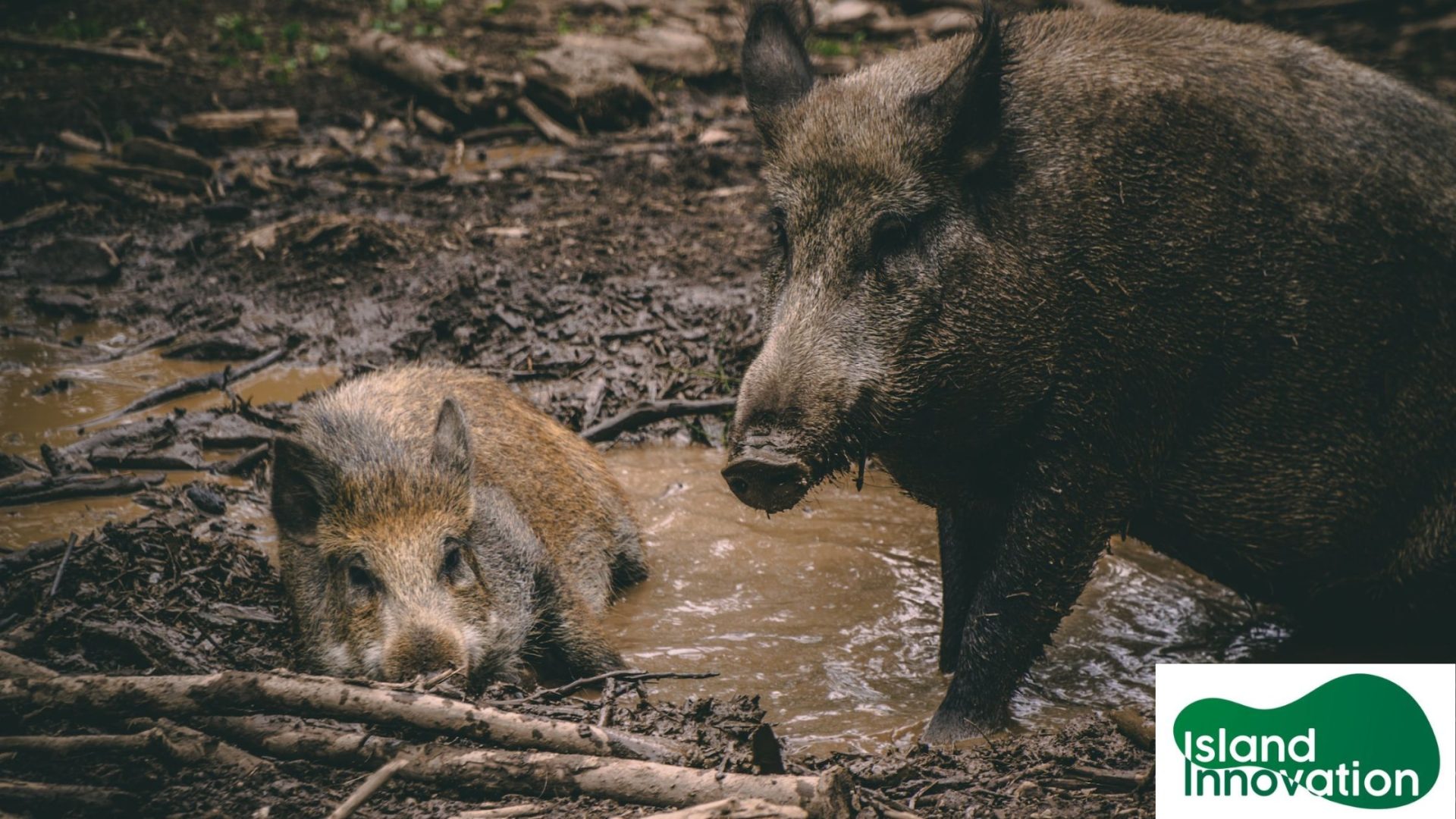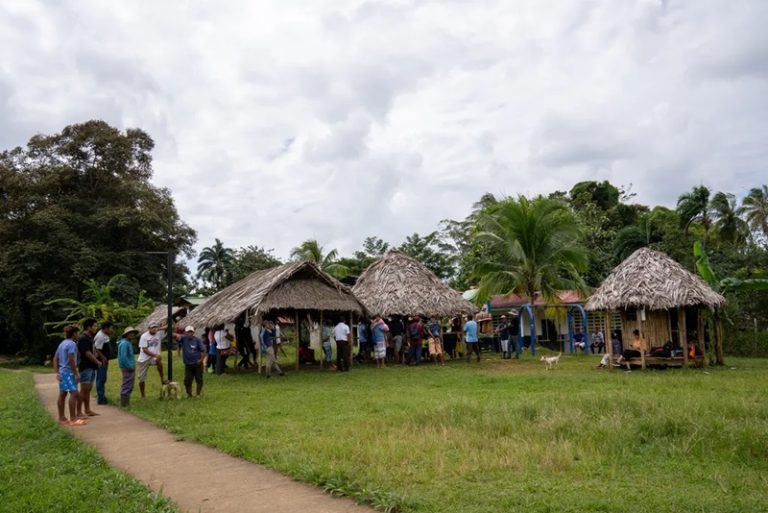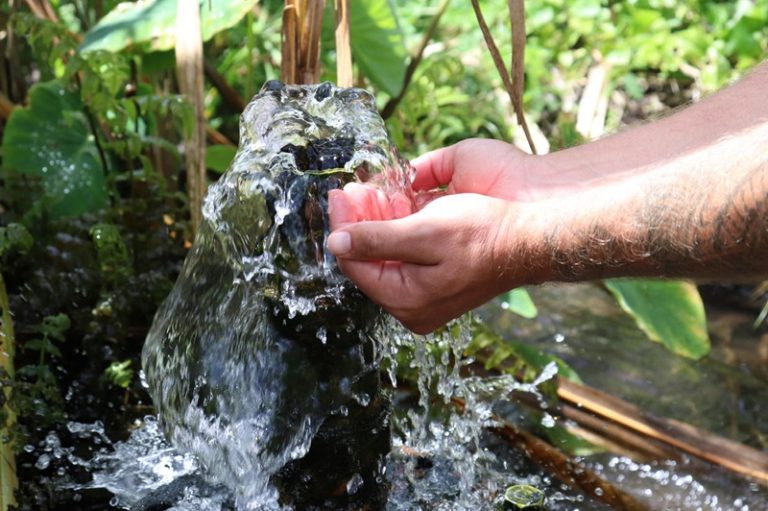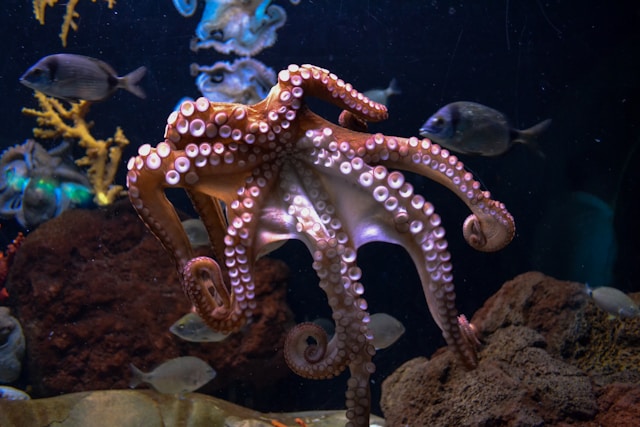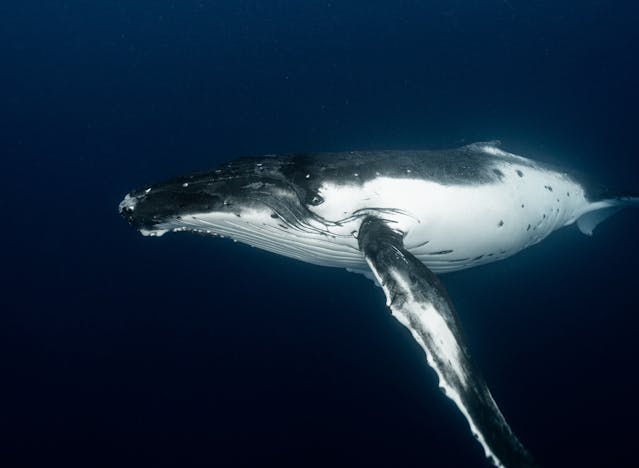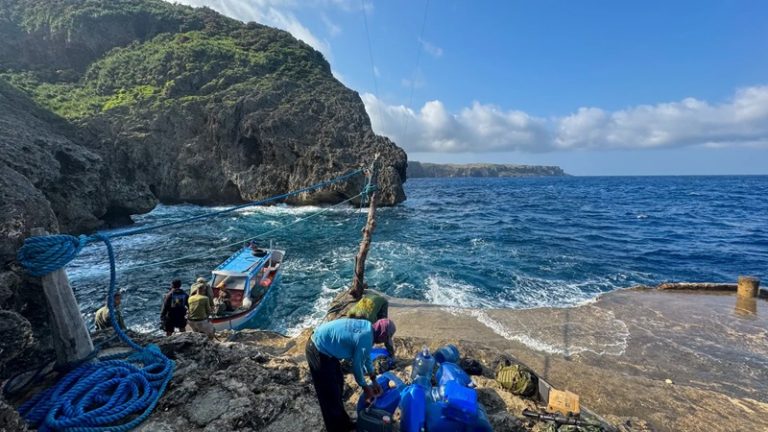Excerpt from news.mongabay.com
Bearded pigs play a prominent role in the lives of many people living on the island of Borneo. For some ethnic groups, they’re a hunter’s most-prized quarry, providing an important source of protein, and a shared pig is often a central part of community celebrations.
Now, a recent study provides quantitative evidence for the first time that Bornean bearded pigs (Sus barbatus) can persist even in areas where they’re highly sought-after by local Indigenous groups.
“For thousands of years, the bearded pig has been hunted,” said David Kurz, a conservation scientist and postdoctoral fellow at Trinity College in the U.S. and the lead author of the study published Feb. 17 in the journal npj Biodiversity. “We know that from archaeological evidence.”
Prior research has also shown that hunting affects the movements of bearded pigs and the areas they frequent. Kurz and his colleagues wanted to know whether the pig’s presence could be tied to specific social and cultural factors in the areas where they occur.

